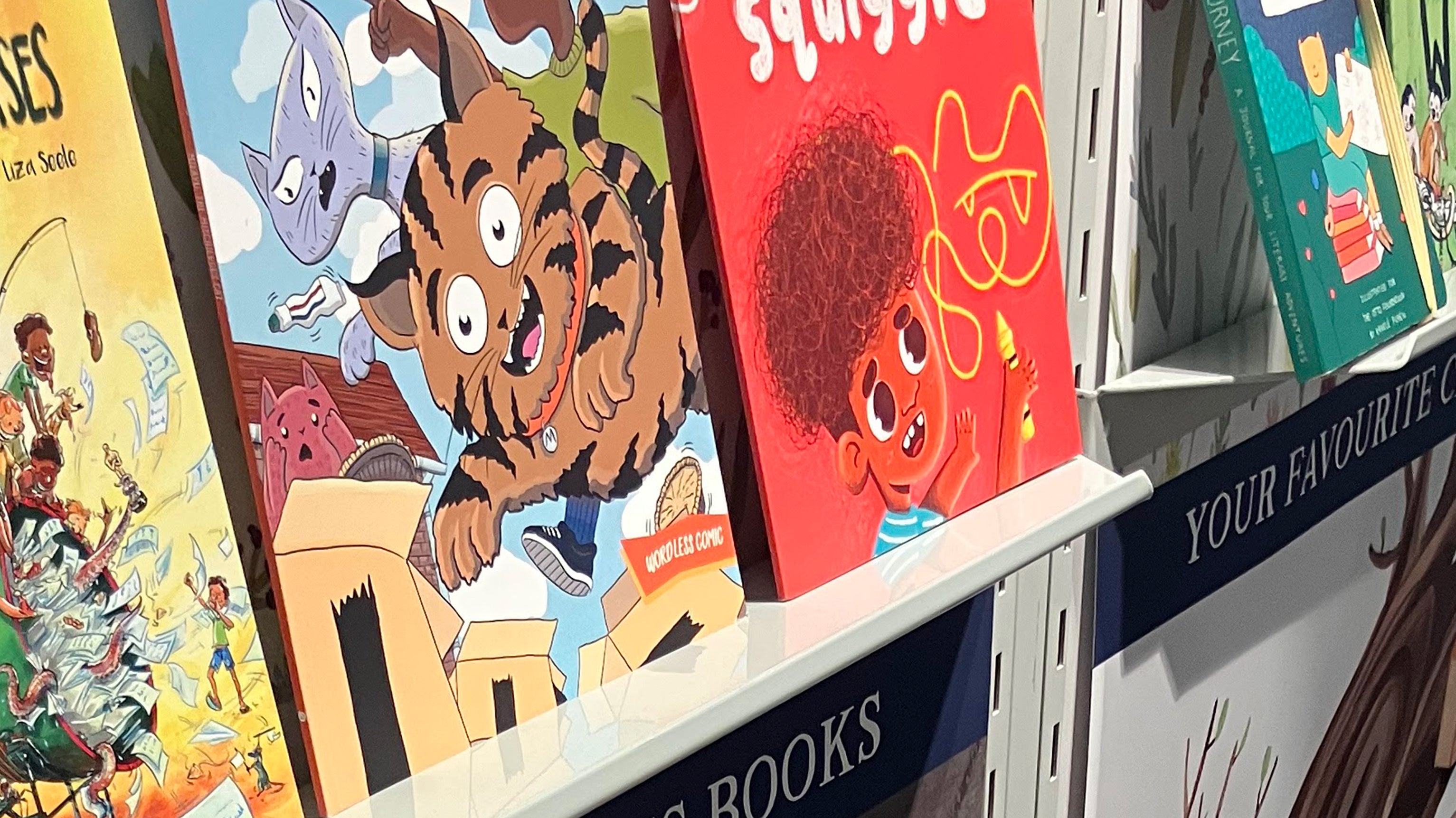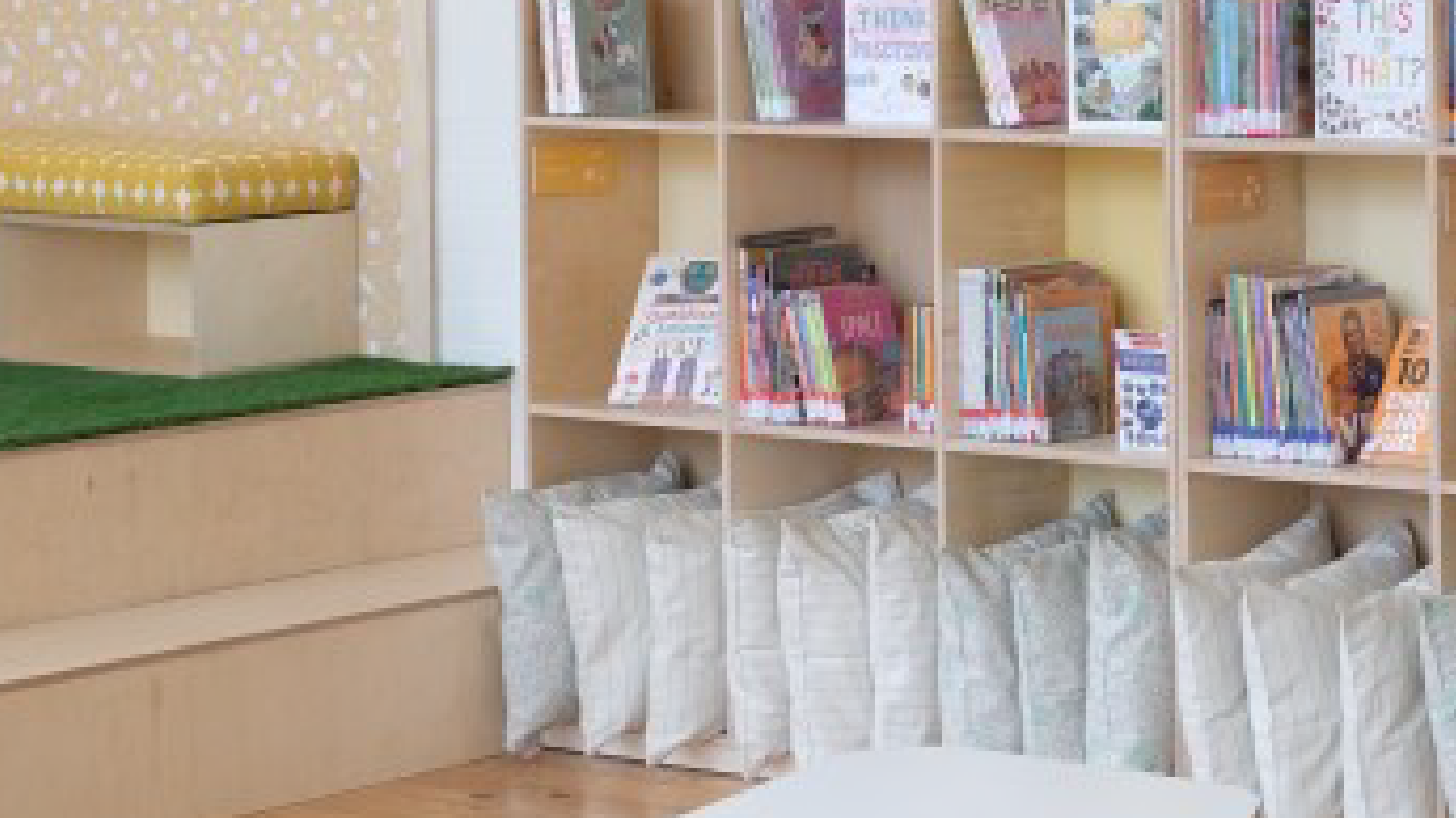Once upon a time...
Those four words hold so much promise for young ears. A time for them to leave behind reality and allow their imaginations to take them to fantastic places, in the safe company of a parent or parents. How many of us remember, with fondness, these words?
In many families, bedtime meant story time and possibly some alone time with one of our parents. It was a time to escape from reality into the world of make believe, a time to let our imaginations have free rein. But are there any benefits to bedtime stories for kids or are parents wasting their time?
The Science of Bedtime Stories
According to neural research, bedtime stories for kids have a significant impact on a child’s intellectual and emotional development.
- Language Mastery: Reading to a child, even when they aren’t yet speaking, activates the left side of the brain in the area that supports semantic language processing. This, in turn, leads to mastery of a language and increased vocabulary. (source)
- Reduces Stress: A bedtime story for boys and girls would most likely require physical contact between parent and child. This physical contact has been shown to reduce cortisol levels, leading to relaxation and better concentration (probably in the parent too). (source)
- Improves Language and Communication Skills: As children listens, they formulate and ask questions. This requires communication as well as the vocabulary to communicate their question. (source)
- Logic: Children love hearing the same story over and over. Don't we know it! Boring for the parent, perhaps, but this is critical in the development of a child’s ability to identify patterns and sequences in a logical manner. This helps to develop critical thinking and reasoning. (source)
- Develops a Love for Reading: Every parent wants their children to be successful. This would probably mean continuing education in some capacity, which often requires reading as a natural skill (and lots of it). For the child, being unafraid of books and having a well-developed vocabulary to depend on, makes further education a far easier challenge to tackle. (source)
If you don’t read to your children currently, it is never too late to start. Improving literacy, vocabulary and reasoning can only help your child to improve in all areas of their lives. You could try some of the following ideas to get a bedtime story routine started.
- Allow your child to choose the book. Start at a level they are comfortable with or with a story that appeals to them, immediately engaging them.
- Alternate reading. Allow the child to read every alternate page, depending on their age (and tiredness level). (source)
- Animate the text. Use different voices to bring the characters to life. Bring sound effects to life! Use your hands to tell the story. (source)
- Encourage questions. Where, why, what and how questions lead to communication and better understanding. (source)
The importance of literacy cannot be overstated. If you have ever found yourself in a country that uses not only a different language, but also a different alphabet, you will appreciate what it must feel like to be illiterate. At Imagnary House, we try to encourage literacy from a young age.





